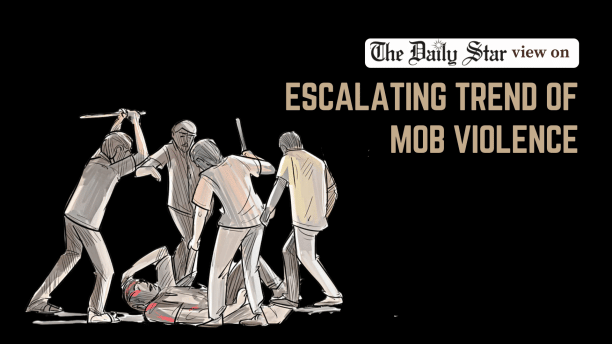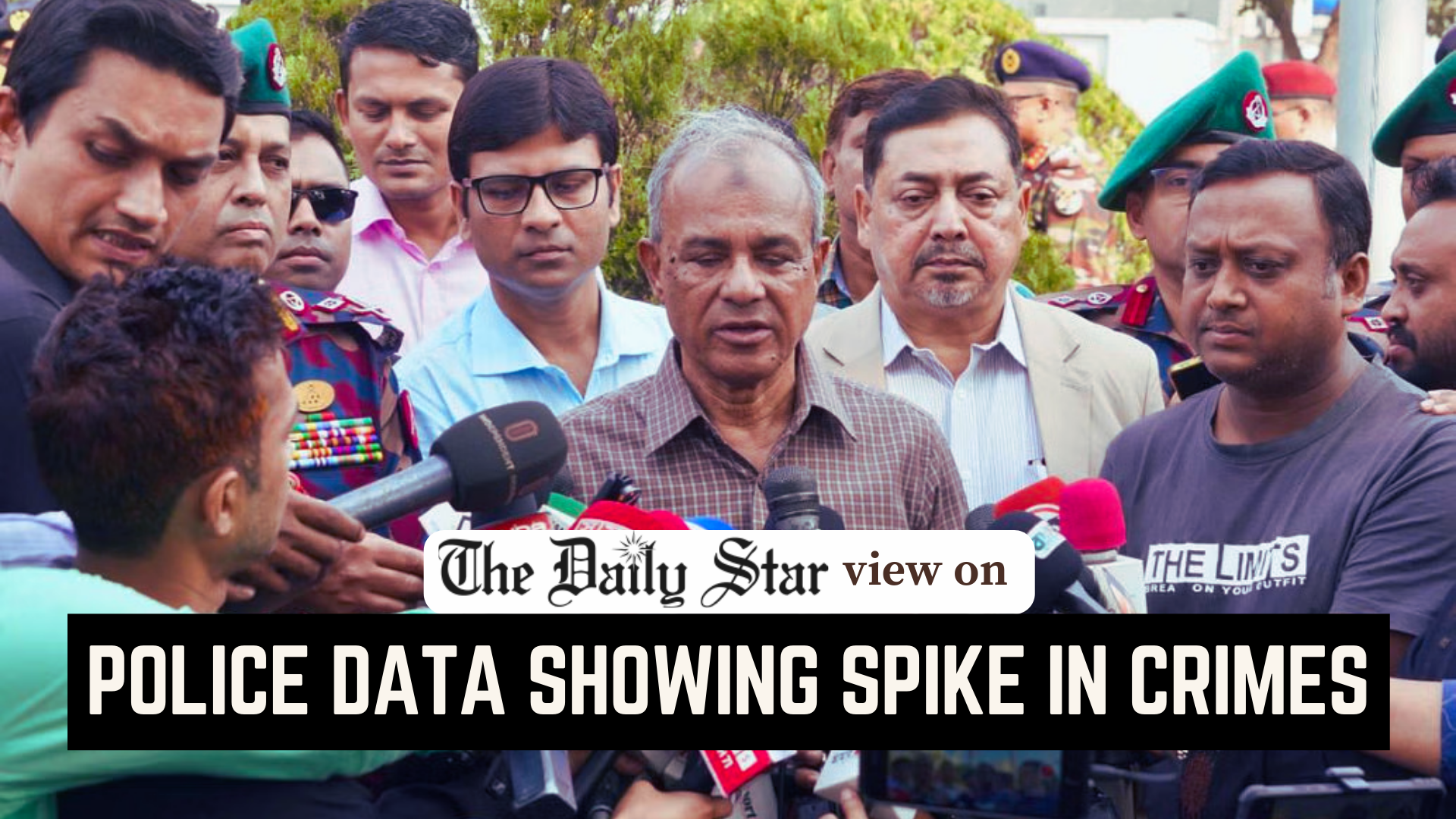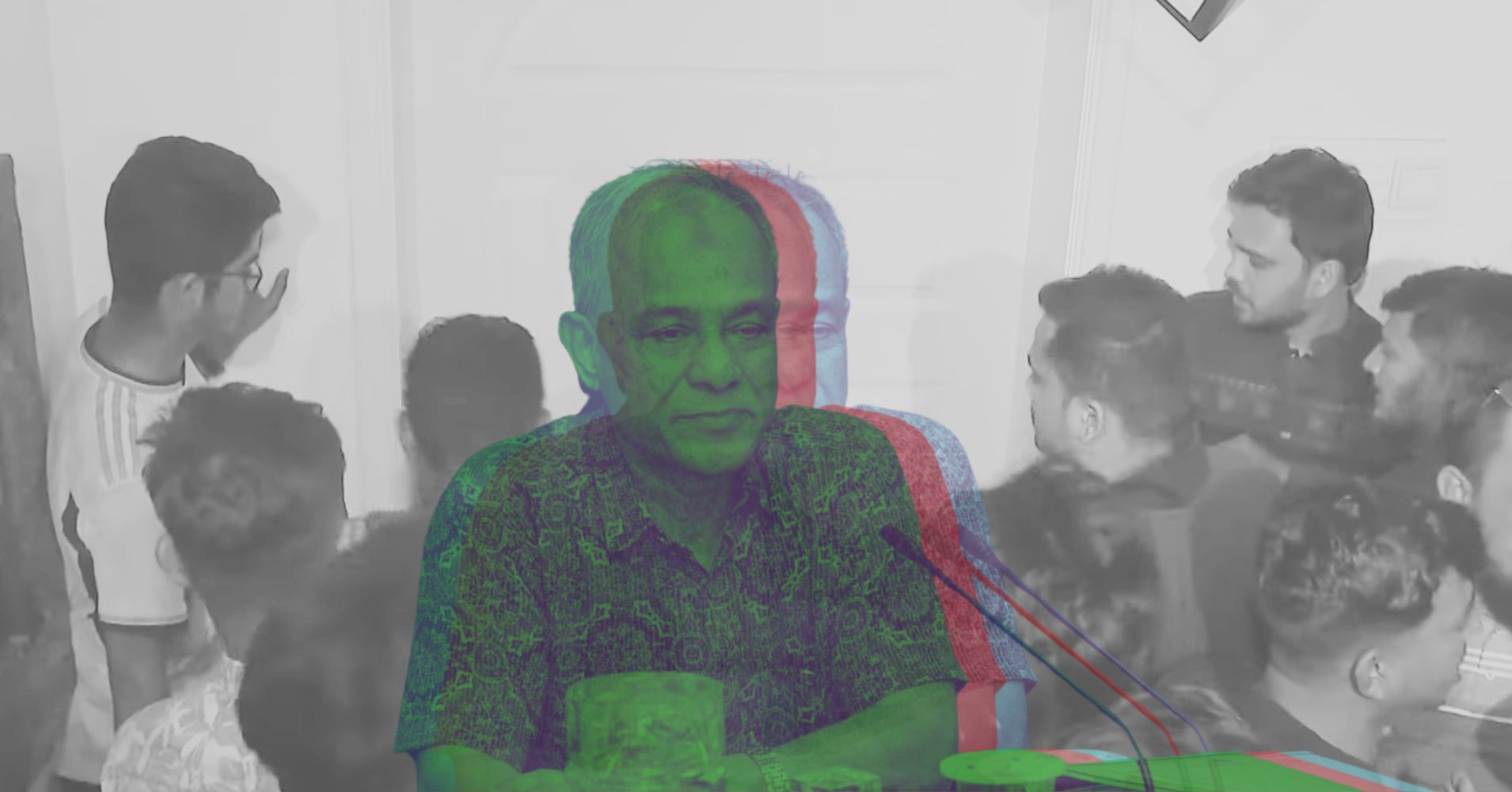Police alone cannot take on violent mobs

For any crime or breakdown in law and order, law enforcement is naturally the first to be held accountable. It falls upon police and other security forces now active on the ground to prevent and bring to book those involved in mugging, robbery, rape, extortion, etc. Curbing mob violence is also their responsibility. That such violence has reached an alarming level of late—with at least 119 people killed and 74 injured in 114 mob incidents since August, according to the Human Rights Support Society—is largely due to weak policing. However, placing sole focus or responsibility on security forces risks overlooking the role played by other influential actors in the surge of crimes.
Those getting involved in mob violence, often fuelled by righteous indignation, are partly enabled by the support they receive from a section of social media influencers, the relative silence of political, social, and religious leaders, and the general instability in the country. If we analyse the pattern of some recent incidents—such as the hostile mobilisation at the Shahbagh police station demanding the release of an alleged sexual harasser, or the fallout of alleged public smoking by two women at Lalmatia—the prevailing mentality seems to support, strange as it may seem, both rule of law and frequent exceptions to it, provided they align with the notion of justice held by a certain majoritarian group in society. That the home adviser has survived the metaphorical guillotine (calls for his resignation) after his controversial remark on the Lalmatia incident is likely due to the right-wing support behind such incidents. This situation is further exacerbated by the lack of legal consequences for those taking the law into their own hands.
Of course, righteous indignation or frustration with inadequate judicial mechanisms is not the only motivation behind the formation of mobs. While previously the key reasons included suspicions of theft, robbery, or mugging, after the political changeover on August 5, there have been reports of many opportunistic or politically vengeful mobilisations as well. Think of the mob that stormed a Gulshan flat allegedly linked to Awami League leader HT Imam over a rumour of a secret stash inside, or the two Iranians allegedly robbed of cash and mobile phones in Bashundhara Residential Area. More often than not, such mobilisations led to tragic consequences. Along with deaths in the most brutal fashion, mob beatings have often made for horrifying headlines—the eyes of a victim being gouged out in Bhola, two individuals being beaten and hung upside down in Dhaka's Uttara. The list goes on.
While the government insists that there is no room for mob justice or moral policing in the country, the fact is, its relative inaction has only served to embolden such acts. The effect has transcended mob violence—with clashes, political repression, harassment of women and children, suppression of freedom of expression, and all sorts of crimes being reported across the country. Under these charged circumstances, we urge all stakeholders in post-uprising Bangladesh to help restore the rule of law. That means everyone doing their part as they should—police taking prompt and stern action, political parties disciplining their unruly members, community/religious leaders preventing mob formations, and social media influencers promoting unity rather than division. Leaders and influencers, in particular, must refrain from bellicose rhetoric that only destabilises our society.
 For all latest news, follow The Daily Star's Google News channel.
For all latest news, follow The Daily Star's Google News channel. 


Comments